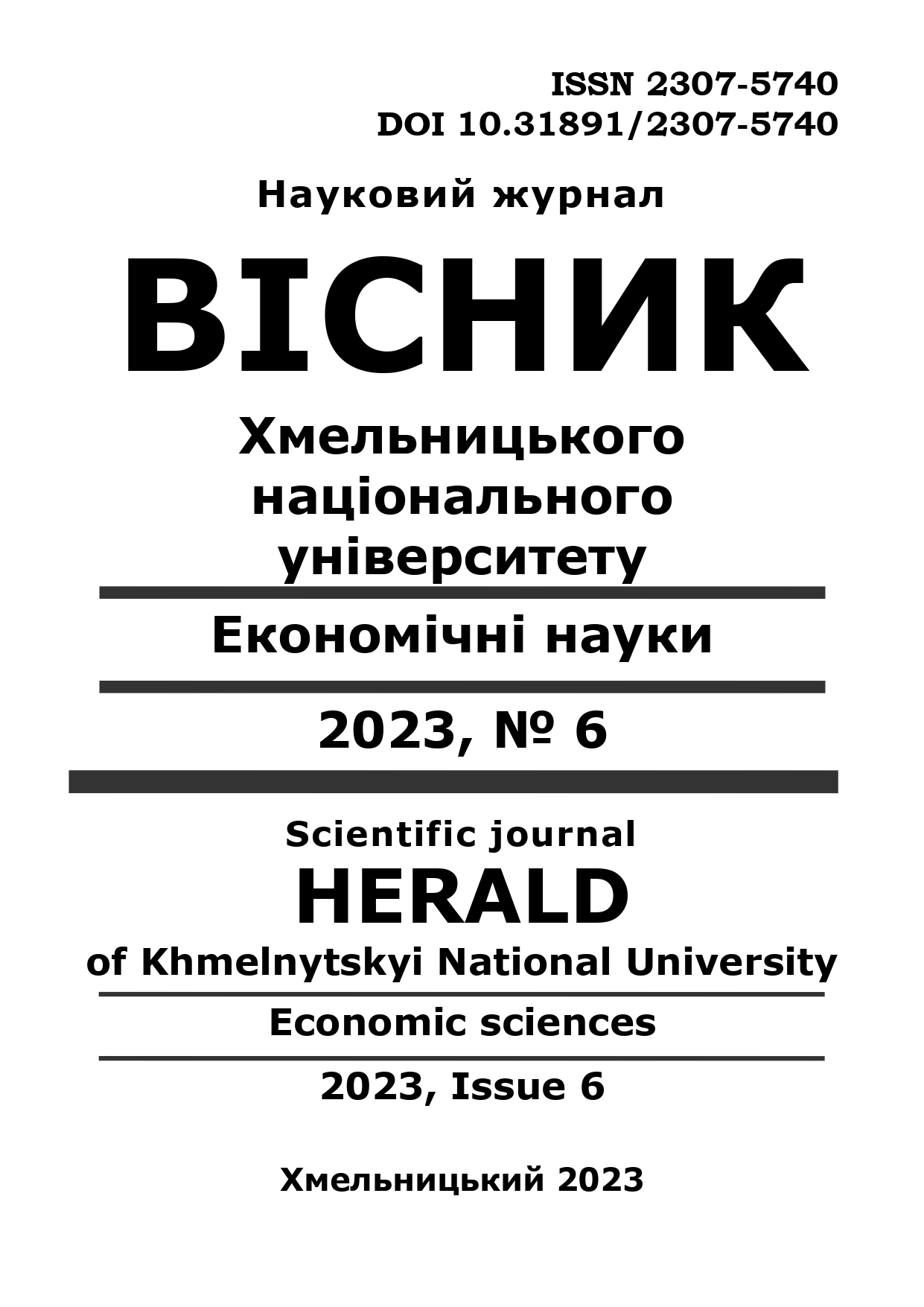MODERN APPROACHES TO THE FORMATIZATION OF RETAILERS
DOI:
https://doi.org/10.31891/2307-5740-2023-324-6-13Keywords:
trade culture, trade services, trade service, trade service culture, trade service ethics, trade aestheticsAbstract
In this article, the authors summarize the essence and meaning of trade culture, its functions, principles and constituent elements, as well as determine the role of communication ethics and design aesthetics of trade enterprises in ensuring a high level of trade service culture and, accordingly, high efficiency of their activities. Thus, it is determined that trade culture is a complex indicator that combines such elements as the appearance and location of the store, the interior design of the trade hall and the method of service, the state of the product range, the quality and culture of trade service, including its ethical and aesthetic aspects.
Also, in the article, the authors analyzed the influence of various components of the trade service culture on the economic efficiency of the operational activities of retail trade enterprises. The study showed a direct influence of the components of the trade service culture on the economic efficiency of the operational activities of retail trade enterprises.
On the basis of the conducted analysis, the authors have identified promising directions for increasing the level of trade service culture, taking into account ethical and aesthetic aspects. The main directions of streamlining the technological process of the store and increasing the level of its efficiency are the wide implementation of effective methods of selling goods and customer service, developing rational technological planning schemes, increasing the level of technical equipment, ensuring uninterrupted supply of goods, their rational placement and display, improving the operation of payment nodes, etc.


